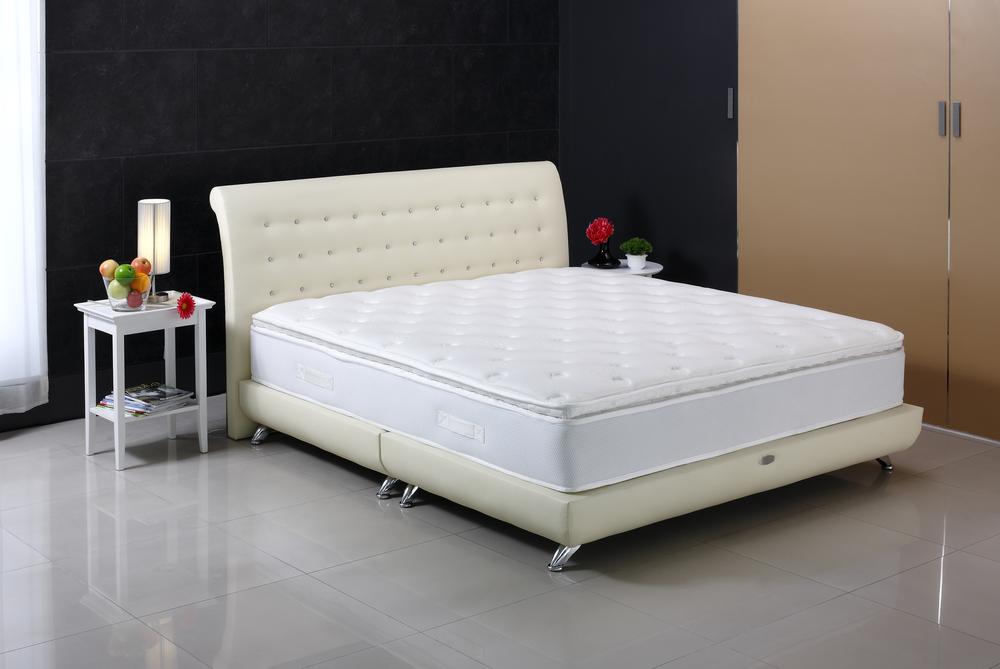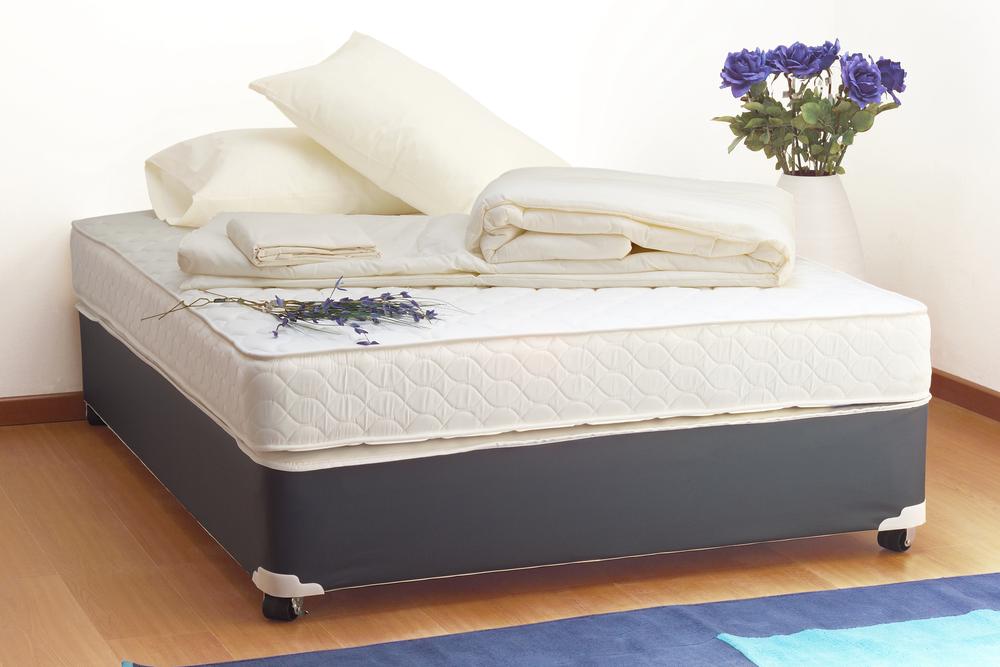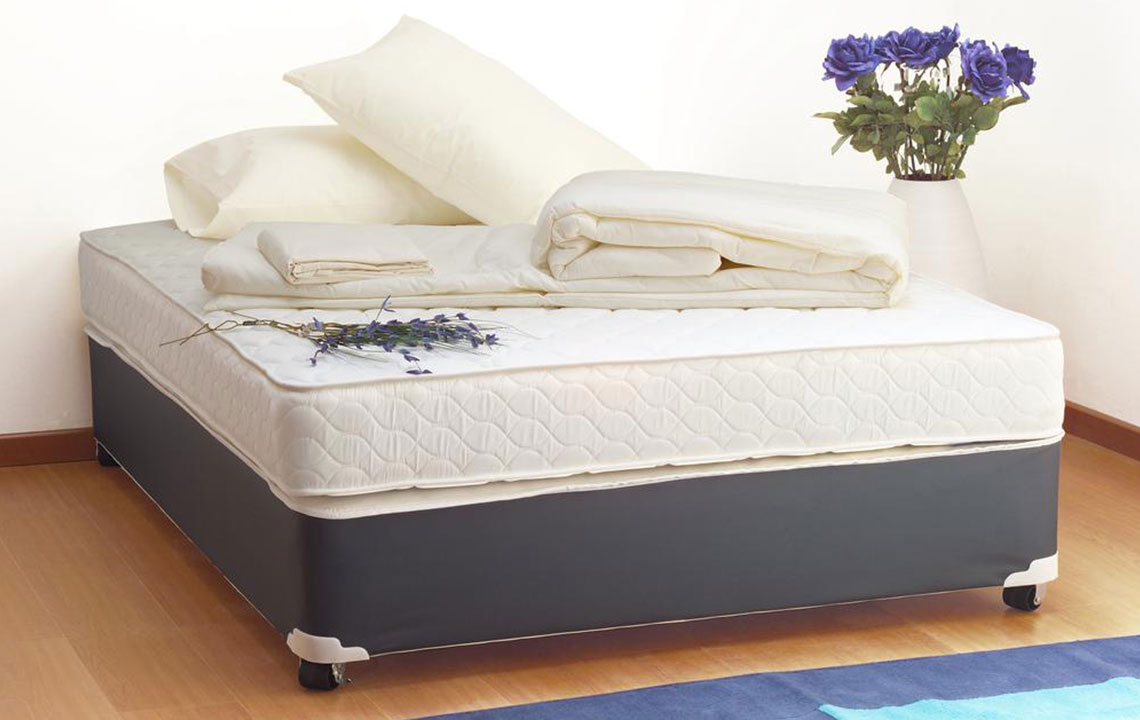Comprehensive Guide to Selecting the Perfect Mattress for Optimal Sleep and Health
Discover our comprehensive guide to choosing the perfect mattress that promotes healthy sleep and supports your overall well-being. We cover budget tips, allergy considerations, support for different sleeping positions, and support based on body weight to ensure you make an informed purchase. Improve your sleep quality today with expert advice designed for your health and comfort.

Comprehensive Guide to Selecting the Perfect Mattress for Optimal Sleep and Health
Achieving restorative sleep is vital for maintaining overall health and well-being, especially in today’s fast-paced society. The foundation of a good night’s rest lies not only in your sleep environment but also significantly in the quality and suitability of your mattress. An appropriate mattress not only ensures comfort but also plays an important role in preventing health issues such as back pain, joint discomfort, and allergic reactions. Whether you’re upgrading your existing mattress or buying one for the first time, understanding the essential features to consider can help you make an informed decision to enhance your sleep quality and health.
Establishing a Realistic Budget for a Quality Mattress
When investing in a mattress, it’s crucial to recognize that this is a long-term purchase. Most high-quality mattresses are designed to last between 8 to 10 years, making them a significant financial commitment. It’s tempting to opt for cheaper options, but these often compromise on durability, comfort, and safety. Inexpensive mattresses tend to use lower-quality materials, which may break down quickly and could contain volatile organic compounds (VOCs) or other toxins harmful to your health. Therefore, investing a bit more upfront in a reputable mattress brand guarantees better longevity, healthier materials, and overall better sleep. Consider options such as memory foam, innerspring, or hybrid models that are known for durability and comfort. Remember, a good mattress isn’t merely a purchase; it’s an investment in your overall health and well-being.
Choosing Allergy-Friendly Mattresses for Sensitive Sleepers
If you suffer from allergies, asthma, or have sensitive skin, selecting an allergen-resistant mattress is essential for better sleep quality and health. Latex mattresses, though often more expensive, tend to resist mold, dust mites, and pests more effectively than traditional options. They are naturally hypoallergenic and can be a good choice for allergy sufferers. Memory foam mattresses can also be suitable when paired with allergen-proof covers that prevent common irritants from infiltrating the sleep surface. Innerspring mattresses, traditionally more prone to harboring allergens, can be made safer through the use of high-quality allergen-proof covers and regular cleaning. Basic tips include choosing mattresses with tightly woven fabrics, rigid zoning, and certifications such as CertiPUR-US to ensure materials are free from harmful chemicals. Shopping during seasonal sales can help you access high-quality, allergy-friendly mattresses within your budget.
Matching Your Mattress with Your Sleeping Position
Your preferred sleeping position considerably influences the type of mattress that will bring you the most comfort and support. Side sleepers typically experience more pressure on shoulders and hips, so they should aim for softer, pressure-relief mattresses such as memory foam, latex, or hybrid designs that contour and alleviate stress points. Stomach sleepers, on the other hand, require firmer beds to prevent sinking too deeply, which can cause neck and spine misalignment; medium-firm innerspring or latex mattresses are generally ideal. Back sleepers need a balanced approach—medium-firm or slightly plush mattresses that support spinal alignment while maintaining comfort. Choosing the right mattress for your sleep position can significantly enhance sleep quality, reduce discomfort, and prevent long-term musculoskeletal issues.
Addressing Back and Joint Pain with the Right Mattress
For individuals suffering from back pain, joint issues, or conditions like osteoporosis and spondylitis, selecting a supportive mattress is crucial. Medium-firm mattresses that promote proper spinal alignment can help alleviate pain and prevent future discomfort. Latex mattresses, known for their resilient support and responsiveness, are often recommended for these needs. Conversely, overly soft mattresses can exacerbate pain by allowing the body to sink into an unsupported position, while excessively firm beds may cause pressure points. For those with heavy bodies or obesity, support becomes even more vital; these users should consider firmer, more durable options such as hybrid or innerspring mattresses that withstand increased weight and provide necessary support. Many brands now offer trial periods and seasonal discounts, making it easier to test different options and find the most suitable mattress for your health needs.
Considering Body Weight for Maximum Sleep Support
Your body weight plays a significant role in choosing the appropriate mattress. Heavier sleepers or those dealing with obesity require firmer, more supportive mattresses such as high-quality innerspring or hybrid designs that can properly bear weight without sagging. Memory foam mattresses, while excellent for contouring and pressure relief, may retain heat and feel less supportive for larger body types, leading to discomfort and disrupted sleep. Choosing a mattress with enhanced support layers, higher-density foam, or innerspring coils can help provide proper alignment and durability for heavier individuals. Lighter sleepers, meanwhile, can opt for softer mattresses that offer comfort and pressure relief. Ultimately, selecting a supportive, durable mattress tailored to your body weight ensures restful sleep, reduces aches and pains, and extends the lifespan of your sleep surface.
In conclusion, selecting the right mattress requires careful consideration of various factors, including your health conditions, sleeping position, body weight, and susceptibility to allergies. Doing research, testing options through trial periods, and keeping an eye out for seasonal promotions can help you find a premium mattress that fits your needs and budget. Remember, a good night’s sleep is fundamental to your health, productivity, and happiness—invest wisely in a mattress designed to support your unique sleep needs.





